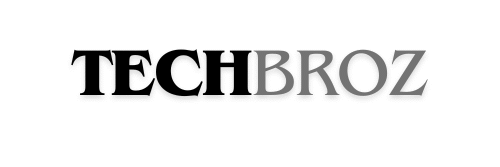Why Do We Take More Than We Give?
Have you ever used free software without thinking about who maintains it? You’re not alone. A recent study shows Europe faces a massive open source dilemma: everyone loves using free tools, but hardly anyone contributes back. It’s like enjoying a potluck dinner where you only eat but never bring a dish.
The European Open Source Paradox
The numbers tell a sobering story. While over 80% of European companies use open source software in their operations, less than 15% actively contribute to these projects. This creates a dangerous imbalance where a small group of maintainers carries the weight for millions of users.
Think about the last time you downloaded a free library or framework. Did you stop to consider the developers working nights and weekends to keep it updated? Most of us don’t – we just enjoy the benefits and move on with our projects.
What’s Holding Developers Back?
So why don’t more people contribute? The reasons might surprise you. It’s not about selfishness or lack of skill. Many developers want to give back but face real obstacles:
- Company policies that don’t value open source contributions
- Fear of not being “good enough” to contribute to established projects
- Lack of time outside work hours
- Unclear contribution guidelines
- Language barriers in international communities
I remember my friend Sarah, a competent developer who once spent three days trying to make her first open source contribution. She found a small bug, fixed it, but then struggled with the project’s contribution process. After multiple rejected pull requests and confusing feedback, she eventually gave up. The maintainers weren’t rude – they were just overwhelmed and didn’t have time to guide newcomers.
Breaking the Cycle: Practical Solutions
The good news is that we can address this open source dilemma. It starts with changing how we think about these projects. Instead of seeing them as free resources, we should view them as shared communities that need active participation.
Companies can help by allocating work time for open source contributions. Some forward-thinking tech firms already do this – they treat it like professional development that benefits both the employee and the ecosystem. Individual developers can start small by reporting bugs, improving documentation, or helping other users in forums.
Project maintainers also play a crucial role. By creating clear contribution guidelines and being welcoming to newcomers, they can lower the barriers to entry. Sometimes, a simple “thanks for your first contribution!” message can turn a one-time contributor into a long-term community member.
The Future of Open Source Sustainability
This isn’t just about feeling good – it’s about practical sustainability. When too few people support critical infrastructure, we risk security vulnerabilities, abandoned projects, and slower innovation. The European Commission has started discussing policy solutions, but real change will come from individual and organizational shifts in mindset.
The open source dilemma won’t solve itself. It requires conscious effort from all of us who benefit from these amazing tools. Maybe it’s time to ask ourselves: when was the last time we contributed back to the communities that power our work?
What’s one small way you could contribute to an open source project this month?



